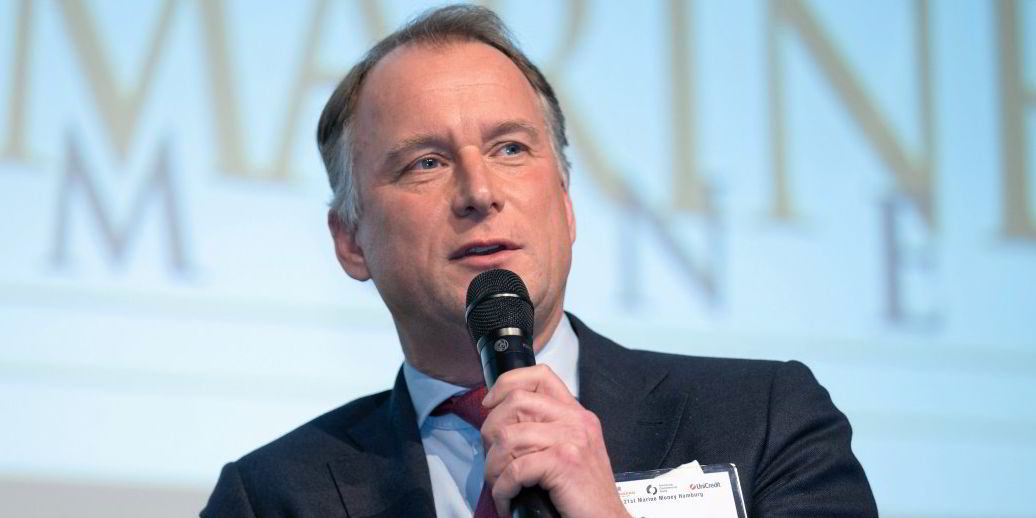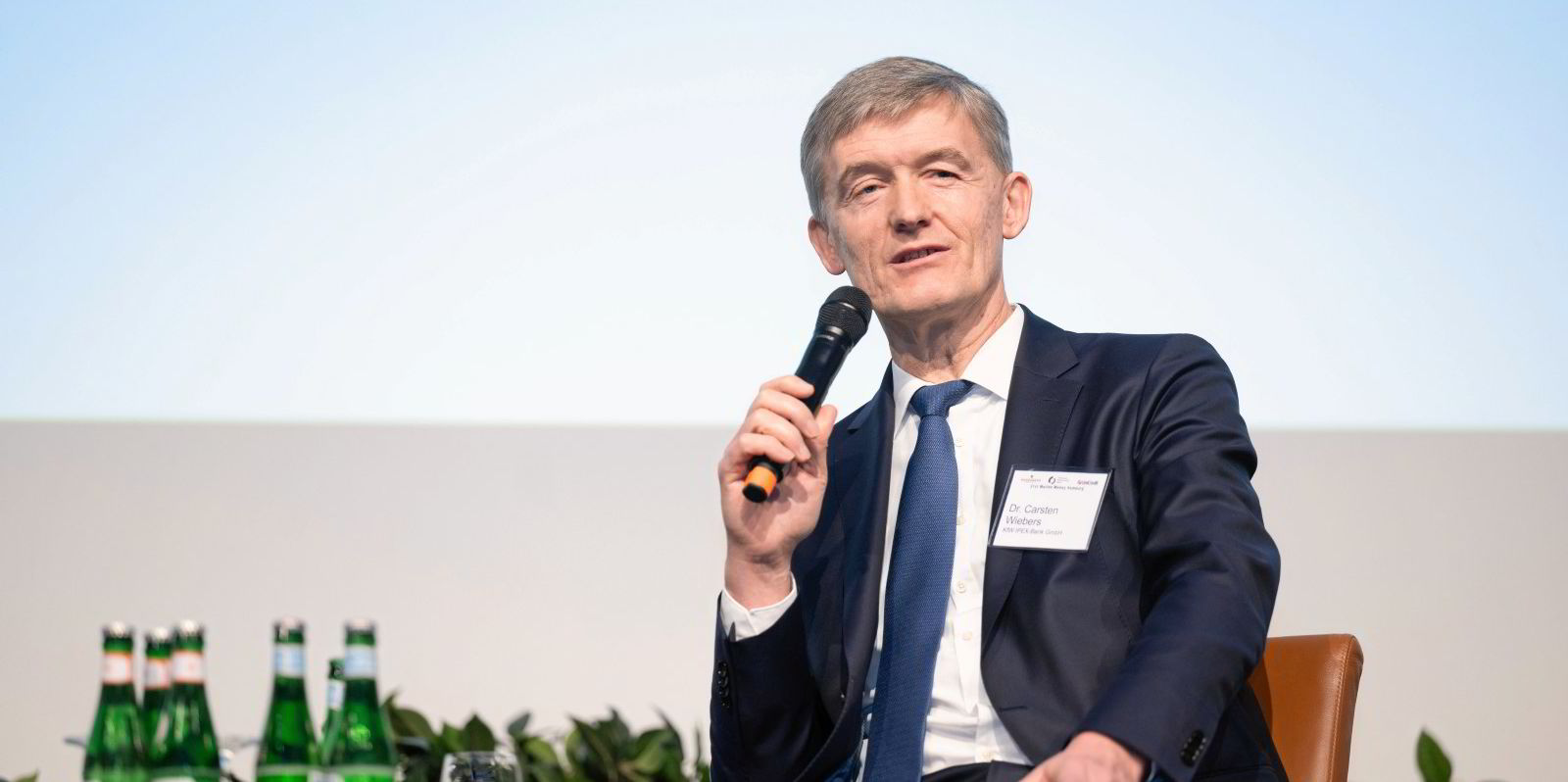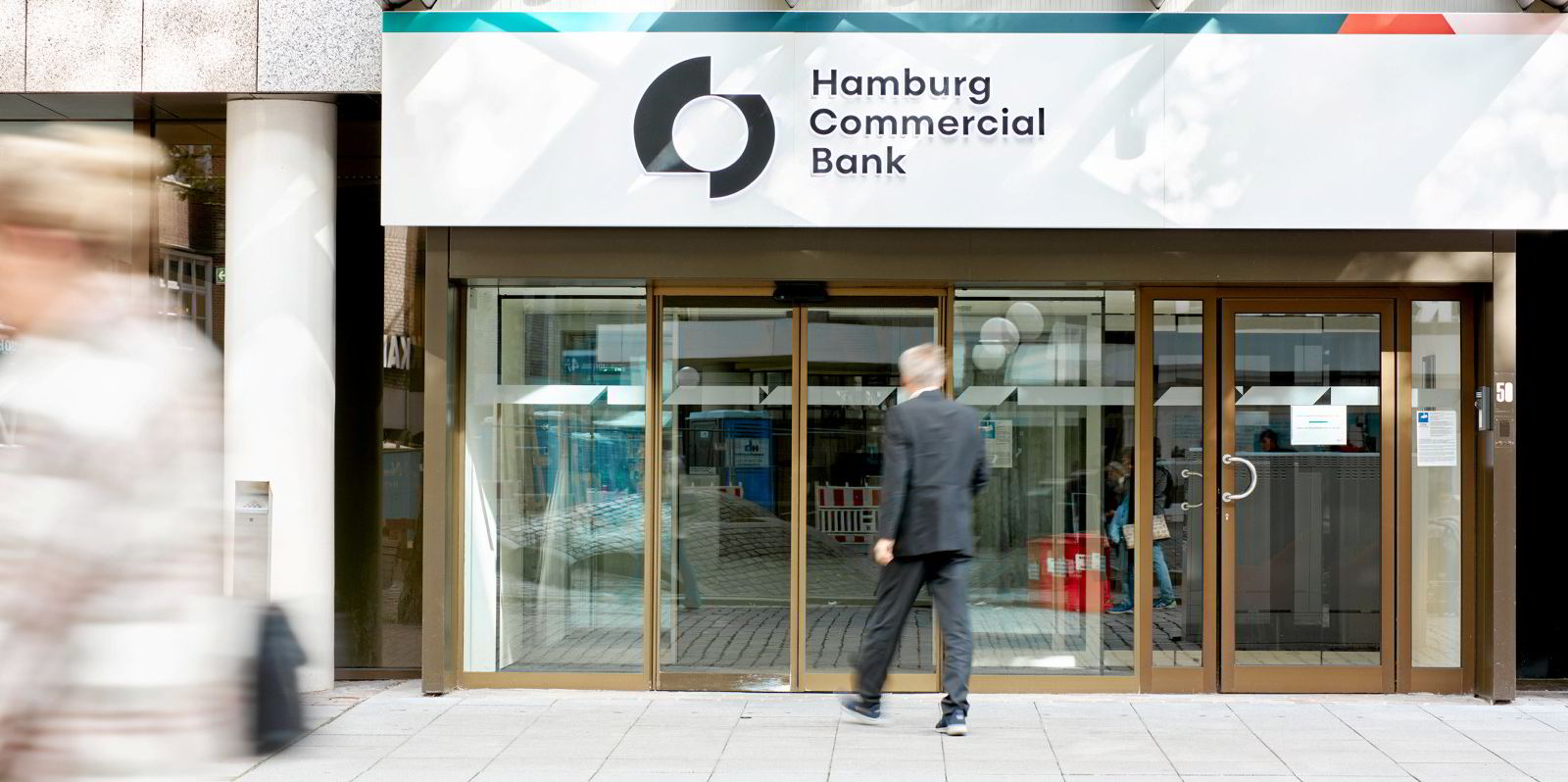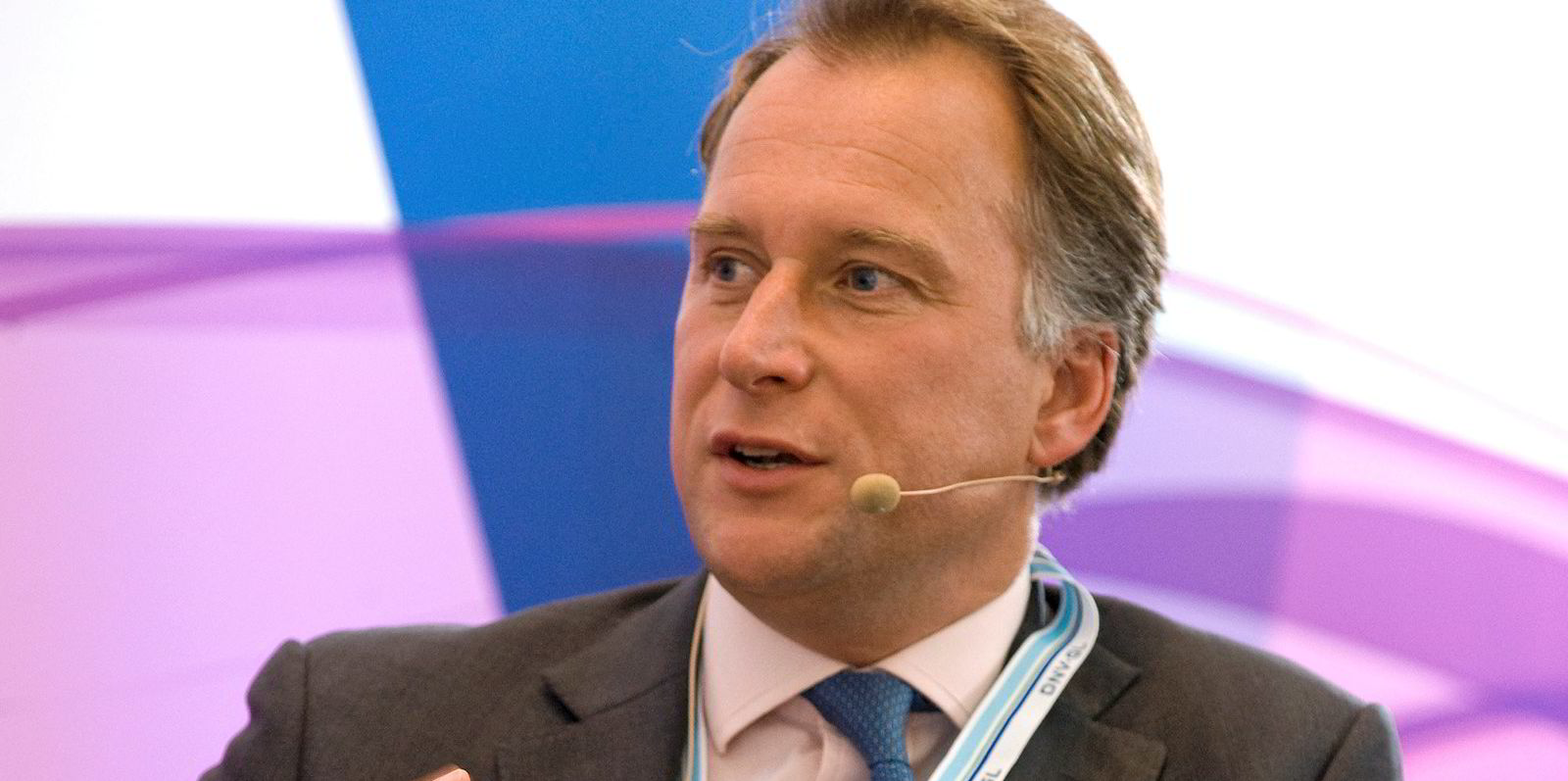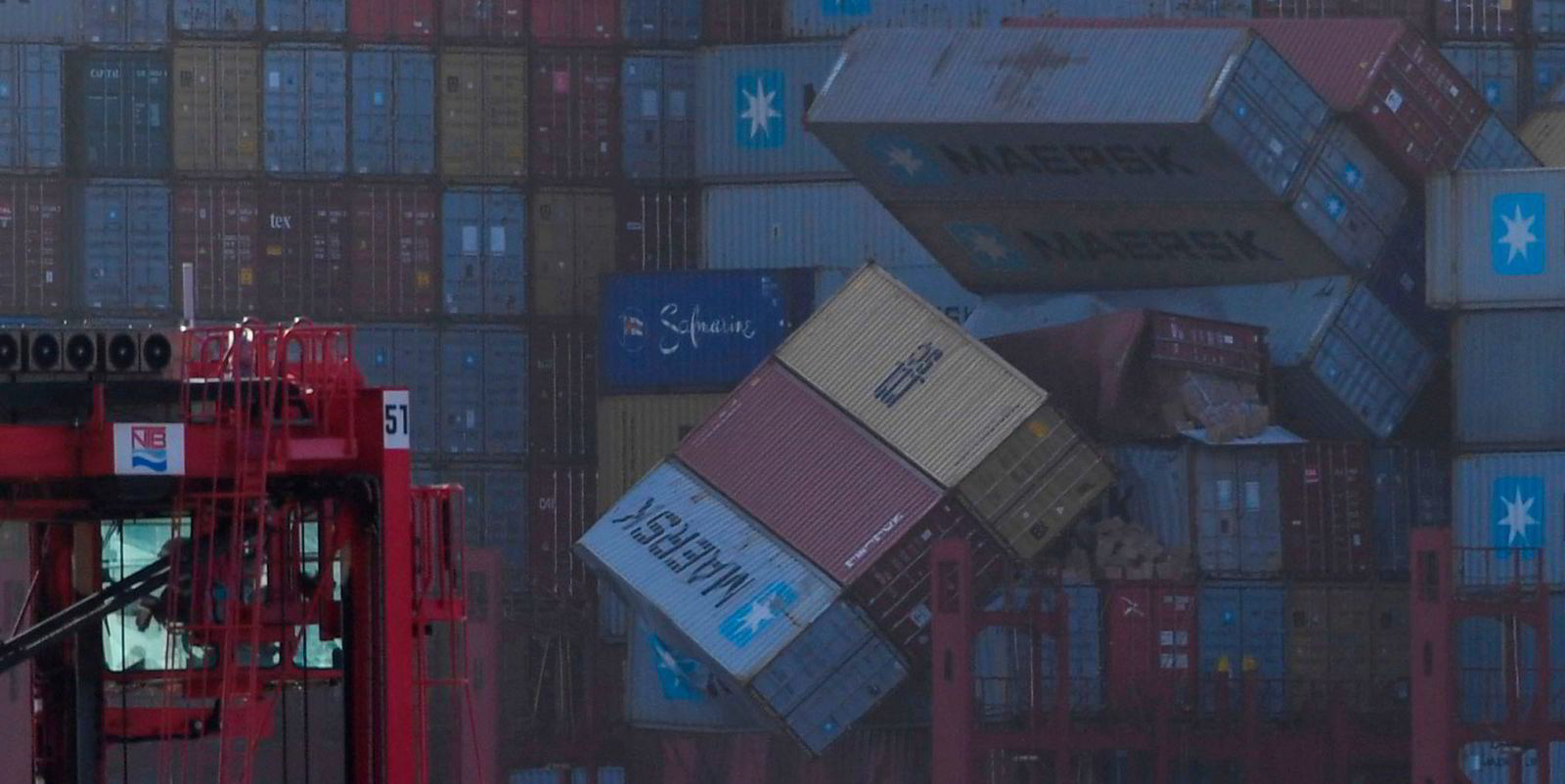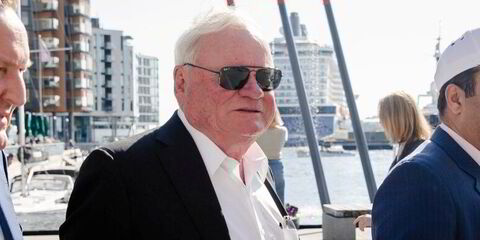German financier Jens Mahnke is hatching plans to launch a second green maritime debt fund — despite what he regards as the challenges of making green shipping investments.
His shipping advisory firm Elbe Financial Solutions is seeking to deploy the millions of dollars that it has already helped to raise.
Working as investment manager for French private equity firm Eurazeo, the company has raised more than €200m ($211m).
That tally of the Eurazeo Sustainable Maritime Infrastructure (ESMI) fund is likely to climb to around €250m in the coming weeks.
The fund will then be closed and finances deployed in the second half of the year.
The aim at that stage will be to set about building a second fund.
Mahnke said raising money for the first fund has not been easy, but argues that deploying funds is difficult too.
Stringent green debt requirements do not make investment targets an obvious or easy choice.
ESMI is an Article 9 fund under European Union law. That limits it to sustainable investment or a reduction in carbon emissions as its objective.
“To find projects which fall into our investment scope isn’t easy. You need to tick a lot of boxes,” Mahnke said on the sidelines of Marine Money Hamburg.
Green project
The fund has strict definitions of what qualifies as a green project, which has limited most lending to offshore wind projects.
The first deal for the fund in April last year provided lending for an offshore wind farm jack-up vessel for Germany’s Harren & Partner.
Given the nature of wind projects, practically any vessel serving a wind farm gets the green light for financing.
A second project in the wind sector is close to being finalised.
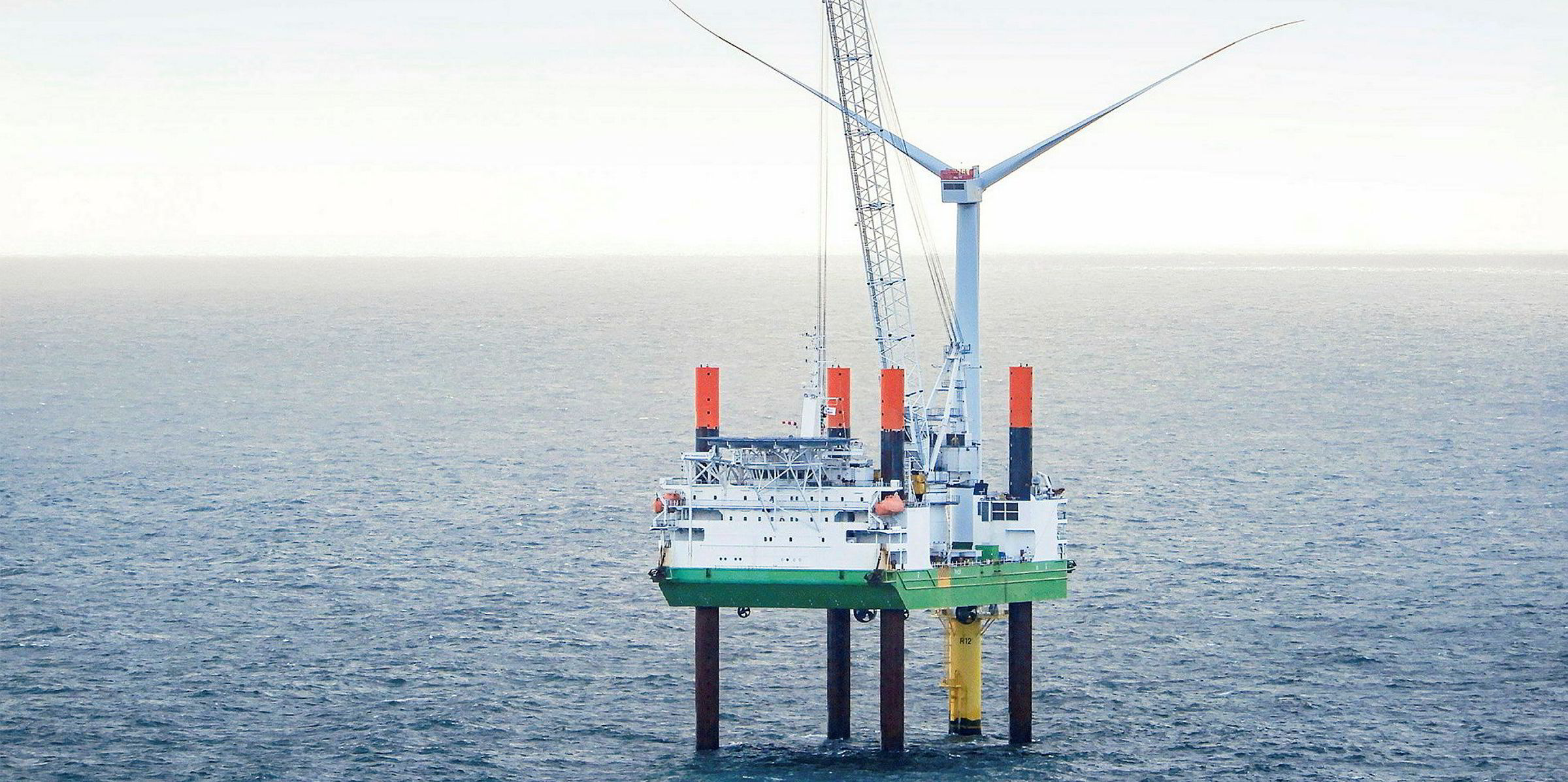
“It’s a market we believe in, so feel safe to make the investment and there will be a very secure investment,” Mahnke said.
The fund is also looking at lending in the field of coastal shipping and mini-bulkers.
It is able to finance vessels with alternative fuels that lower CO2 emissions.
There are, however restrictions on lending to conventional vessels: these need to show they emit 20% less CO2 than older vessels.
That can be achieved by lowering fuel consumption with efficient main engines, sails or modern antifouling systems.
The fund is also able to finance sustainable maritime infrastructure projects, although it has not yet done so.
These might include storage for alternative fuels or shore-based electrical systems.
Ticket size
Another hurdle limiting where it is able to invest is ticket size.
The maximum investment volume is $22.5m, which in effect rules out alternative fuels projects in container shipping, where the cost is four times higher.
If the strict criteria are met, the fund provides shipowners an alternative to banks.
As a leasing fund, the big advantage over banks is that the fund in effect owns the vessel as security, according to Mahnke.
That enables it to offer higher leverage than a traditional bank, of up to 90%.
It is also far less exposed to international regulation, which restricts banks’ deployment of capital.
“That differentiates us from banks in that we can be more flexible in what we finance.”
The fund has a very small investment board compared with banks.
“Projects can go from the table to payout of financing in a matter of weeks,” says Mahnke.
“It’s a much higher flexibility in terms of structuring a project in terms of decision-making.”
The fund has seen “very, very few real green projects” relating to methanol or ammonia, probably because such fuels are rare and expensive.
“I’m not sure the alternate fuels are the future — we hardly see any on the table,” he added.
“What we’ve mostly seen are a combination of diesel electric engines combined with modern antifouling solutions, to reduce the CO2 consumption and emissions.”
Mahnke co-founded the Luxembourg and Hamburg-based EFS four years ago.
It started to look at green finance because attempts to raise funding for traditional shipping were unsuccessful. “So we said: ‘What can you to do be successful? Let’s get a green angle’.”
The fund is backed by the European Investment Fund, which launched a cornerstone investment of €70m.
